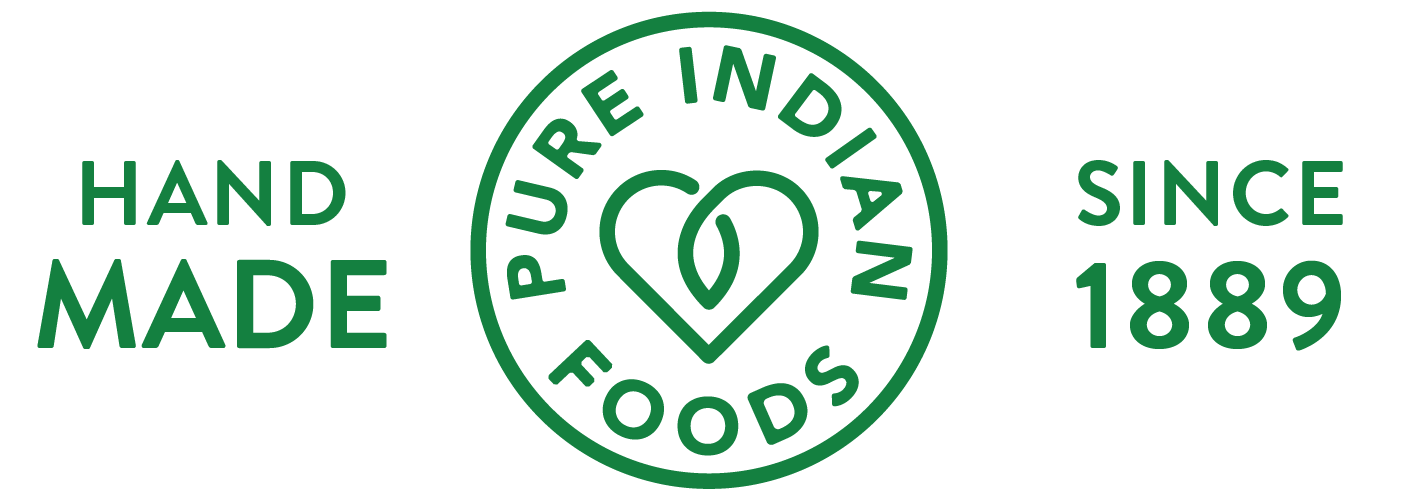What are A1 & A2 Milk Proteins?
Milk is composed of proteins, sugars and fats. The cream is where the fats are stored. The proteins are found in the whey and the milk solids. Sugars are also found in the milk solids. When we talk about “A1” or “A2” milks or proteins, we are talking about certain proteins found in the milk solids. About a third of the proteins found in the milk solids are beta- casein proteins. The most predominant types of beta- casein proteins are either type A1 or A2, but we’ll talk more about the specifics of A1 & A2 milk a bit later.
Allergies
Many people have allergies or intolerances to caseins, which can be found in most products containing milk proteins. People who want to avoid beta-casein proteins should only use milk products that have the milk solids removed, such as a ghee or whey. These milks could still contain trace amounts of milk solids and thus contain casein, but generally they are safe unless you have a very serious allergy to casein proteins. Most commercial milks that are sold contain both A1 and A2 beta caseins. Let’s begin with a little history about dairy cows to understand how this came about.
The History & Research
 |
Jersey Cow |
In the beginning, cows originating in Africa and Asia all produced milk containing A2 type beta- casein proteins. As time progressed, man migrated into new territory and transported their cows. Those that settled in Europe began to selectively breed cows. By breeding for certain traits such as stronger, healthier, or better milk producing cows, newer breeds began to develop. As these farmers continued to breed their herds a genetic mutation occurred. Cows began to produce the A1 type beta- casein. As the breeding continued, the A1 beta-casein became more prevalent. More modern breeds, like the Holsteins, have an average ratio of about 50% A1 and 50% A2. But older breeds, like Jersey or Guernsey cows are predominately A2.
 |
Holstein Cow |
Research shows that A1 milk can cause adverse effects to your health. Studies have found that populations who drink A2 type milk have lower rates of autism, schizophrenia, diabetes mellitus-type 1 and heart disease. Some theories say that the problems arise from A1 milk as the proteins are broken down. This happens by processes such as pasteurization, homogenization, and also by our bodies as we digest the proteins in our GI tract. Although this process is similar with A2 proteins, only the A1 proteins seem to cause problems.
Ghee: the Healthy Alternative
 So, how does A1/A2 issue impact ghee? Ghee is the fat part of the milk. Since the milk solids and liquid whey portions are removed during the process of making ghee, there is only a slight potential to have trace amounts of A1 and A2 proteins remaining in ghee. Unless a person has a life threatening allergy to dairy products, there is little to no chance that there would be any negative health consequences from using ghee. If a person did have such an extreme allergy to dairy, they would need to consult their allergy specialist before using ghee.
So, how does A1/A2 issue impact ghee? Ghee is the fat part of the milk. Since the milk solids and liquid whey portions are removed during the process of making ghee, there is only a slight potential to have trace amounts of A1 and A2 proteins remaining in ghee. Unless a person has a life threatening allergy to dairy products, there is little to no chance that there would be any negative health consequences from using ghee. If a person did have such an extreme allergy to dairy, they would need to consult their allergy specialist before using ghee.
About the author: At Pure Indian Foods, we have been providing healthy Indian food ingredients including organic ghee, Indian spices, and ayurvedic ingredients to health conscious cooks and food lovers for over 124 years. Our cultured ghee is suitable for those with extreme allergies to dairy as it is lab test confirmed not to contain any detectable traces of protein. Our products can be purchased at www.pureindianfoods.com.


Thanks this article contains great information, as per my point of view there are more benefits of a2 milk than the issues.
Agree, A2 milk has multiple nutrition benefits.
Thank you for your post. This is excellent information. It is amazing and wonderful to visit your site.
Dear Sandeep, I tried an A2 whole milk in a quickbread recipe where I’ve always mixed a tablespoon of apple cider vinegar into a cup of milk/half&half to sour it. It didn’t work in the A2 milk. Is that normal that it didn’t sour/curdle?
Thanks for your article–it’s the clearest information about A2 milk that I’ve found online so far.
Hi! Thanks for your comment. A2 milk will still curdle when vinegar is added. If it did not, there’s something else going on – perhaps the milk was ultra-pasteurized? Or maybe it needed to be heated a bit before curdling.